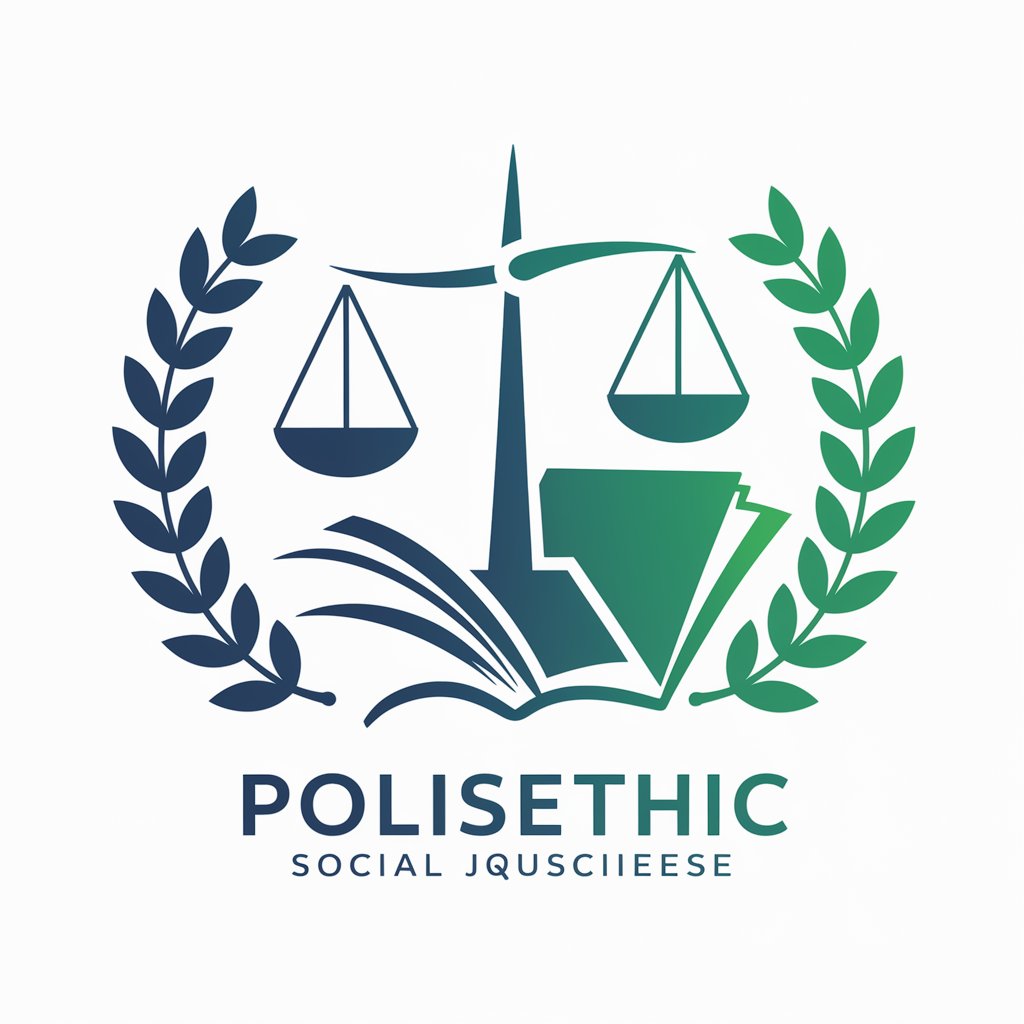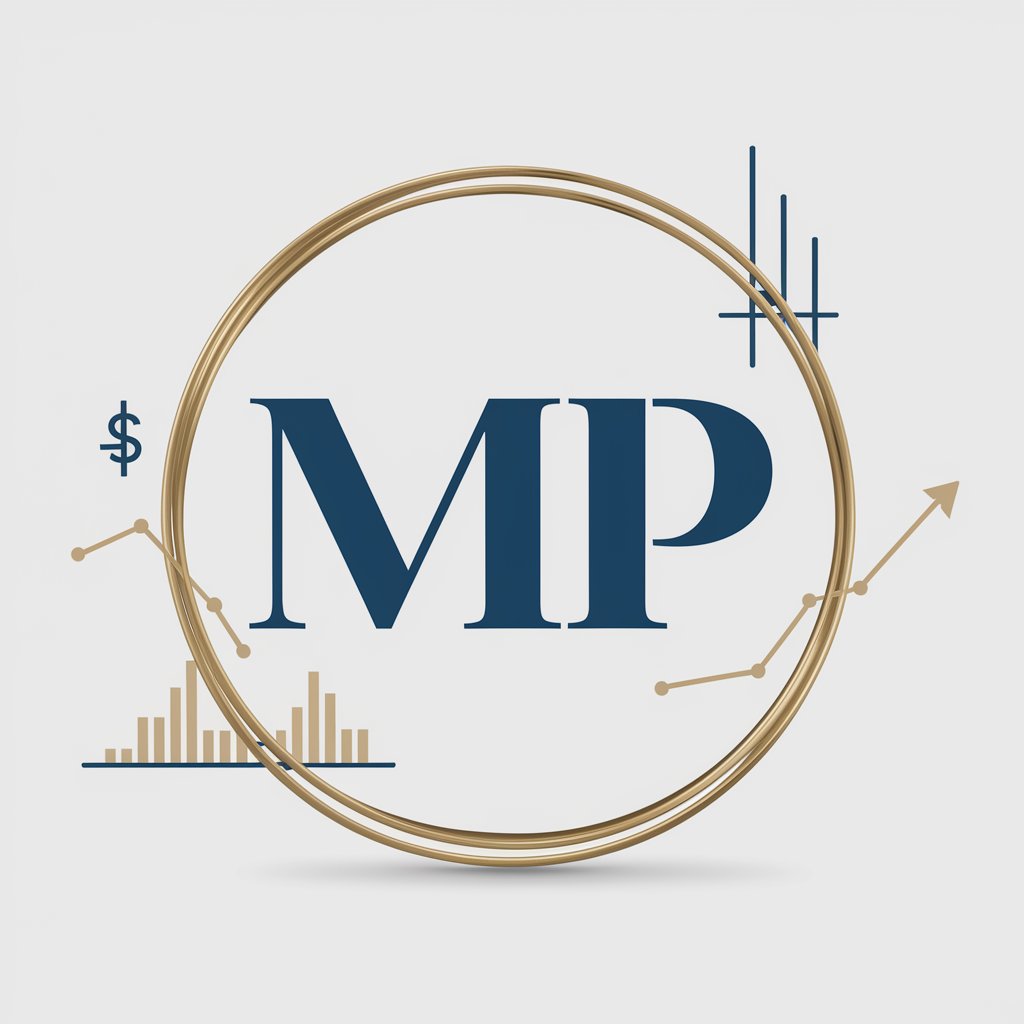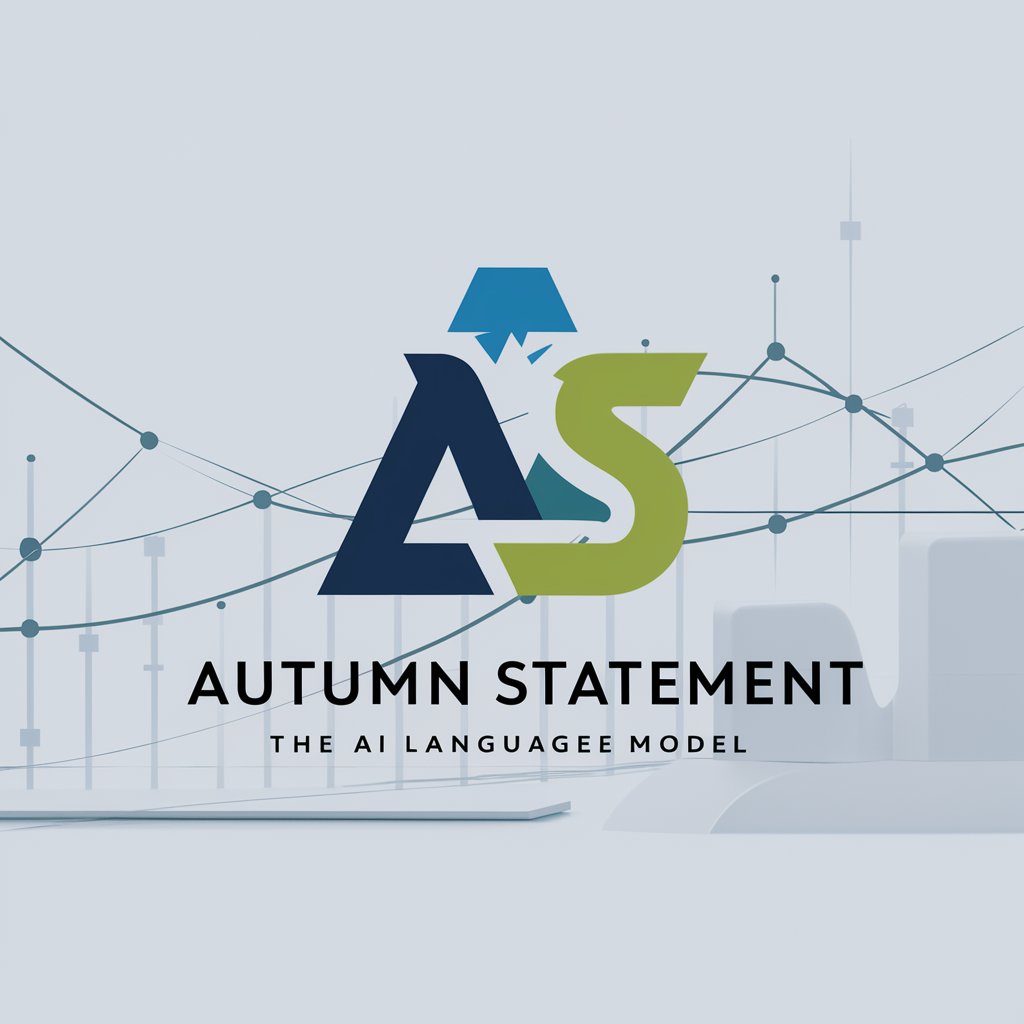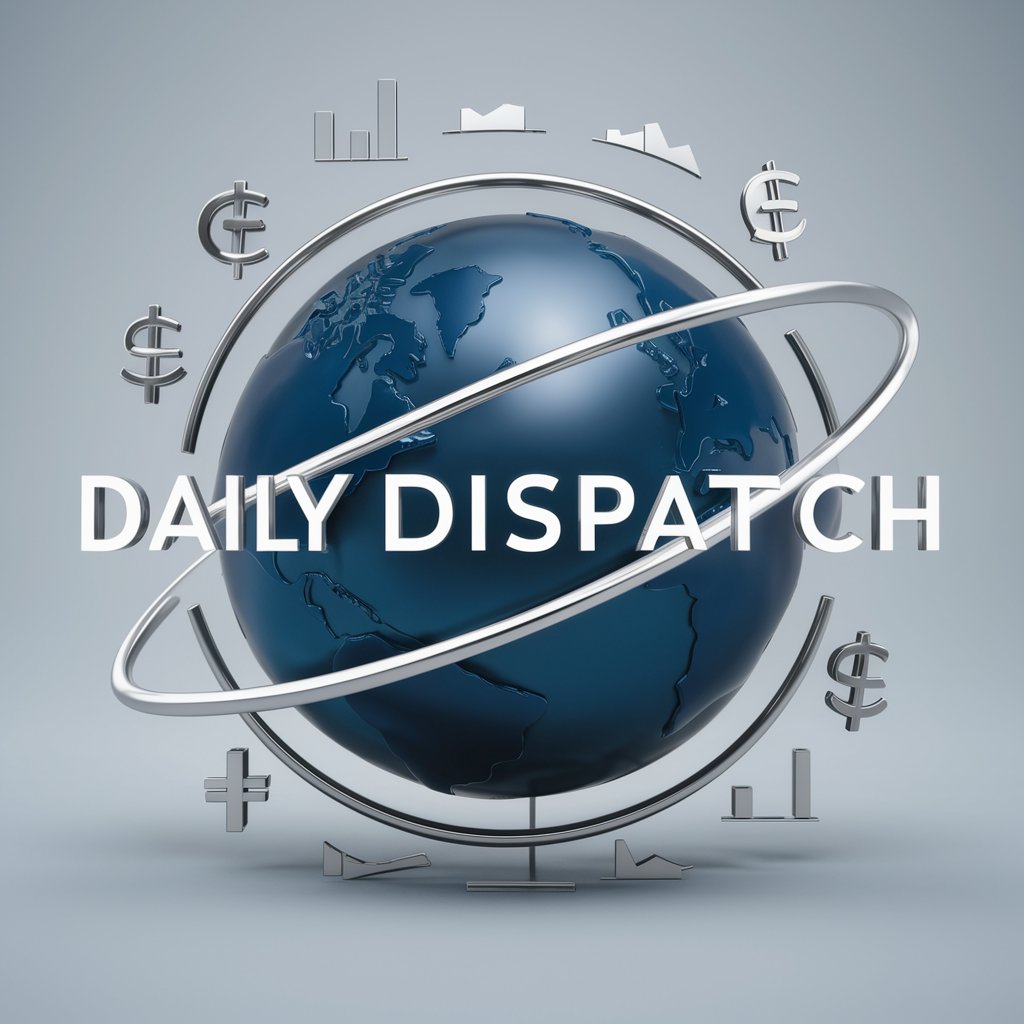6 GPTs for Economic Policy Powered by AI for Free of 2026
AI GPTs for Economic Policy are advanced machine learning models designed to analyze, predict, and offer insights on various economic policies and trends. Leveraging Generative Pre-trained Transformers, these tools are tailored to assist in the formulation, simulation, and evaluation of economic policies. By processing vast datasets, they provide comprehensive analyses, trend predictions, and policy recommendations, making them invaluable for economic research and policy-making. Their role is pivotal in synthesizing complex economic indicators into actionable insights, thereby enhancing decision-making processes in the economic sphere.
Top 6 GPTs for Economic Policy are: Financial Guru,PolisEthic,International Economics Expert,Market Insight Plus,Autumn Statement 2023,Daily Dispatch
Financial Guru
AI-Powered Market Insights at Your Fingertips

PolisEthic
Empowering Social Justice with AI

International Economics Expert
Master Economics with AI-powered Insights

Market Insight Plus
Empowering Decisions with AI-Driven Financial Insights

Autumn Statement 2023
Navigating Economic Policies with AI

Daily Dispatch
Empowering Financial Decisions with AI

Essential Attributes of Economic Policy AI Tools
These GPTs exhibit unique characteristics such as the ability to process and analyze large volumes of economic data, understand and predict market trends, and simulate the potential impacts of economic policies. They adapt from basic data interpretation to complex predictive modeling, offering insights on labor markets, inflation, GDP growth, and more. Special features include natural language processing for report generation, technical support for economic research, web searching for the latest economic data, image creation for data visualization, and advanced data analysis techniques. This adaptability makes them versatile tools in the economic policy domain.
Who Benefits from Economic Policy AI
AI GPTs for Economic Policy cater to a wide audience, including policymakers, economic researchers, students, and financial analysts. They are accessible to novices offering user-friendly interfaces for basic data analysis and report generation, while also providing advanced customization options for developers and professionals with coding skills. This ensures that users at different levels of expertise can leverage these tools for economic analysis, policy development, and educational purposes.
Try Our other AI GPTs tools for Free
Fiscal Strategy
Discover AI GPTs for Fiscal Strategy: transformative tools designed to streamline financial planning, analysis, and decision-making with advanced AI technology.
Public Spending
Discover how AI GPTs for Public Spending can transform government financial management with advanced analytics, real-time insights, and customizable solutions for optimal resource allocation.
Outfit Inspiration
Discover how AI GPTs revolutionize outfit inspiration with personalized style suggestions, making fashion accessible and innovative.
Banking Insights
Discover how AI GPTs for Banking Insights revolutionize data analysis and customer service in the banking sector, offering tailored, efficient, and secure AI-powered solutions.
Senior Engagement
Discover how AI GPTs for Senior Engagement leverage advanced AI to enhance digital interactions, support, and learning for seniors, offering personalized and accessible technology solutions.
Dementia Care
Explore AI GPTs for Dementia Care: innovative tools designed to enhance support for dementia patients through personalized, adaptive AI technology.
Enhanced Solutions Through Customized AI
AI GPTs for Economic Policy are not just tools for data analysis; they offer customized solutions that can be integrated into various sectors. With user-friendly interfaces, they facilitate the direct application of AI insights into policy development, education, and research, allowing for a more informed decision-making process. Their flexibility in integration with existing systems further exemplifies their potential to transform economic policy-making and analysis.
Frequently Asked Questions
What are AI GPTs for Economic Policy?
AI GPTs for Economic Policy are artificial intelligence tools designed to support the analysis and development of economic policies. They utilize machine learning to process data, predict trends, and provide insights relevant to the economic sector.
How do these AI tools assist in economic policy-making?
They assist by analyzing vast datasets to predict economic trends, evaluate the potential impact of policies, and generate comprehensive reports, thereby aiding policymakers in making informed decisions.
Can non-experts use these AI tools effectively?
Yes, these tools are designed with user-friendly interfaces that enable non-experts to perform basic analyses and generate reports without requiring advanced technical skills.
Are there customization options for more advanced users?
Absolutely. For users with programming knowledge, these tools offer APIs and scripting capabilities for deeper data analysis, custom model training, and integration with other software.
What kind of data can these GPTs analyze?
They can analyze a wide range of economic data, including GDP, employment rates, inflation indices, trade data, and more, to offer insights and forecasts.
How do AI GPTs predict economic trends?
They use machine learning algorithms to identify patterns in historical data, allowing them to forecast future trends and the potential impact of economic policies.
Can these tools generate reports?
Yes, one of the key features is their ability to synthesize complex data into comprehensible reports, using natural language processing to present findings clearly.
How can AI GPTs for Economic Policy integrate with existing workflows?
These tools can be integrated into existing systems through APIs, enabling seamless data exchange and enhancing workflow efficiency for economic analysis and policy development.